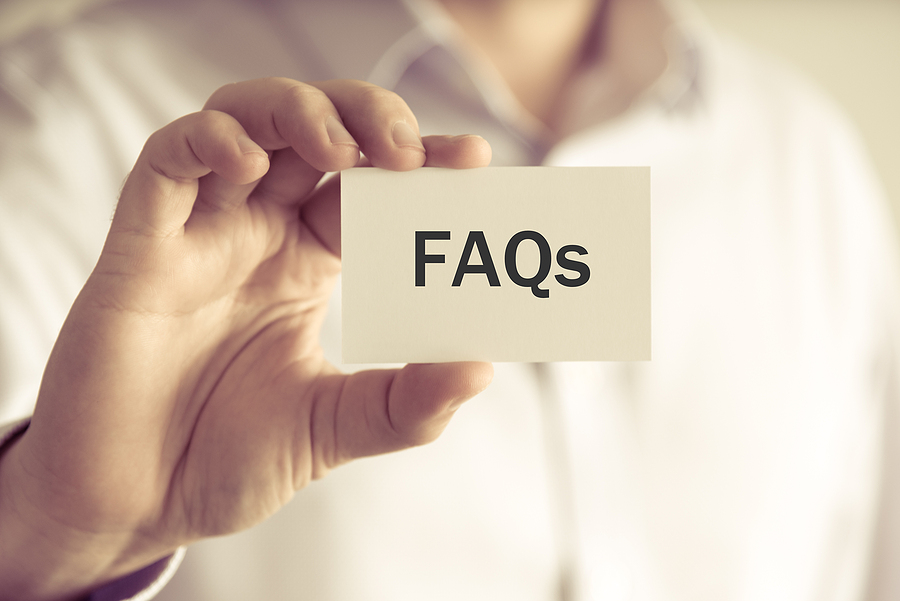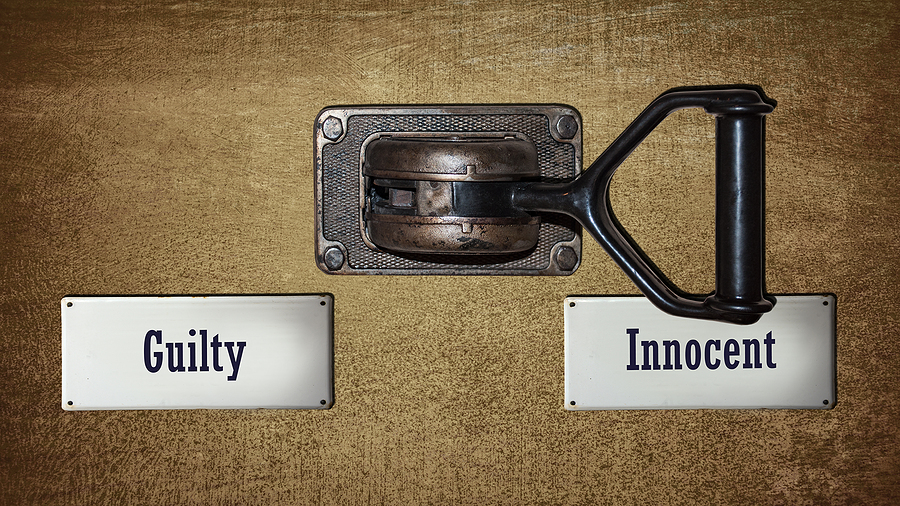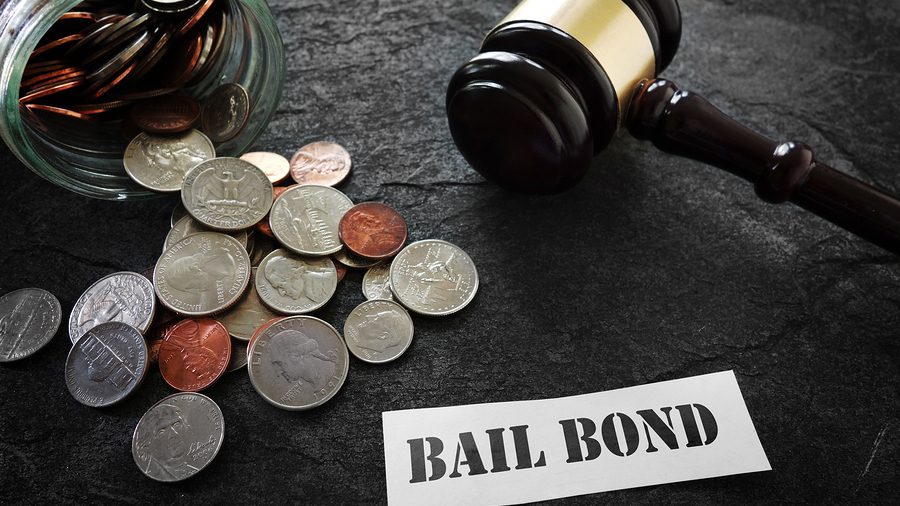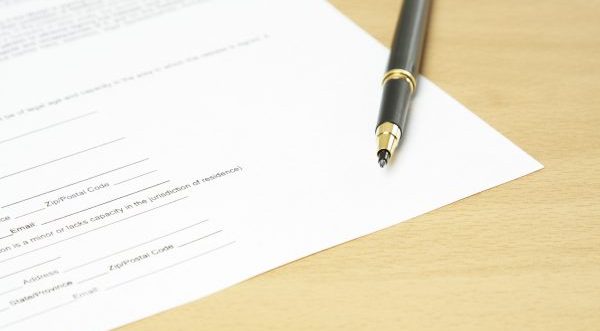When you or a loved one are faced with an arrest in Indiana, understanding bail bonds can be your first step toward regaining freedom. This comprehensive guide will break down the complexities of bail bonds in Indiana, offering clear insights into the different types available and how they work. Whether you’re an Indiana resident or someone dealing with a legal crisis, this post is crafted to provide the information you need to make informed decisions.
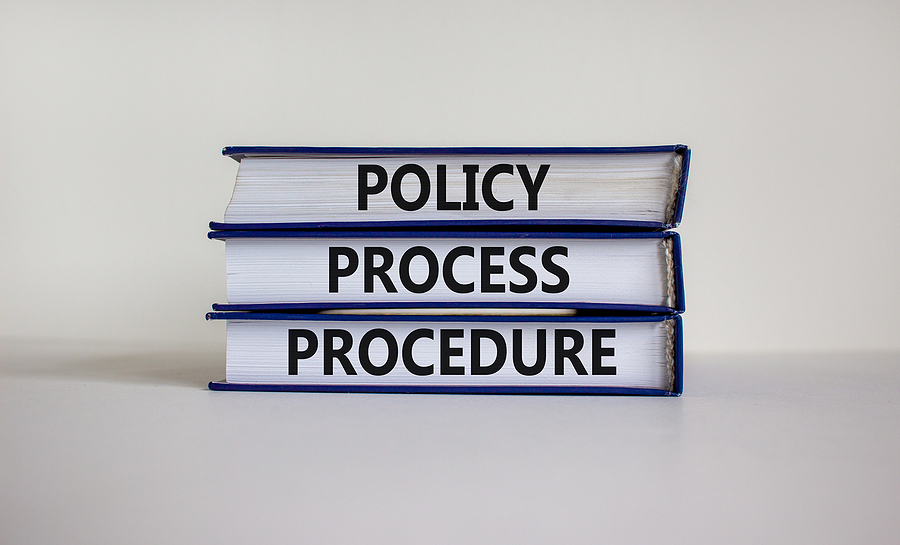
The Basics of Indiana Bail Bonds
Bail bonds might seem like a daunting topic, especially if you’ve never dealt with the legal system before. Essentially, a bail bond is a form of financial guarantee that ensures a defendant’s appearance in court after being released from custody. The court sets a bail amount, which can often be substantial. When the defendant or their family can’t afford this amount, a bail bond can be used to secure their release.
There are several types of bail bonds, each with unique features and requirements. Understanding these differences can help you choose the right option for your situation. Moreover, knowing the ins and outs of bail bonds can save you time, money, and stress. It’s crucial to have a clear understanding of the process, as making an uninformed decision can lead to complications down the line.
The Bail Process in Indiana
The bail process in Indiana begins with the arrest and booking of a defendant. Once booked, a judge sets the bail amount based on factors like the severity of the offense, the defendant’s criminal history, and the risk of fleeing. Indiana law allows for various bail options, each suited for different situations and financial capabilities.
After the bail amount is determined, the defendant or their representative can arrange for a bail bond. The process typically involves contacting a bail bond company or a bail bondsman, who will outline the available bond options. It’s important to understand the terms of the bail bond agreement, as failing to adhere to its conditions can lead to further legal issues.
In court, the defendant must appear at all scheduled hearings. Failing to do so, known as “failure to appear” or “FTA”, can result in bond forfeiture. This means the court keeps the bail amount, and a warrant may be issued for the defendant’s arrest. Understanding these obligations is key to maintaining your freedom and avoiding additional penalties.
Different Types of Bail Bonds Available in Indiana
Indiana offers several types of bail bonds, each with distinct characteristics. Knowing the differences can help you choose the best option for your needs.
Cash Bail
Cash bail is the most straightforward type of bail bond. It involves paying the full bail amount in cash, which is held by the court until the trial concludes. If the defendant attends all court appearances, the money is returned, minus any court fees. Cash bail is often used when the bail amount is relatively low or when the defendant has access to sufficient funds.
Cash bail offers a simple and direct way to secure release from custody. However, it requires the full bail amount upfront, which might not be feasible for everyone. In such cases, other bail bond options may be more suitable.
Surety Bonds
Surety bonds are the most common type of bail bond in Indiana. They involve a third party, known as a bail bondsman, who agrees to pay the bail amount if the defendant fails to appear in court. The defendant or their representative pays a non-refundable fee, typically 10% to 15% of the bail amount, to the bondsman. Currently, Indiana is allowing eligible bail agents to offer rates as low as 8% of the bail premium.
This type of bond is ideal for individuals who cannot afford cash bail. It provides a way to secure release without paying the full bail amount upfront. However, it’s crucial to understand the bail bond agreement’s terms, as failing to comply can lead to severe consequences.
Property Bonds
Property bonds involve using real estate as collateral for bail. The property must be of equal or greater value than the bail amount, and the court places a lien on it. If the defendant fails to appear in court, the property can be seized and sold to cover the bail.
While property bonds can be advantageous for those with significant property value, they come with inherent risks. If the defendant fails to meet court obligations, losing the property becomes a real possibility. It’s essential to weigh these risks carefully before choosing this option.
The Role of Bail Bondsmen
Bail bondsmen play a critical role in the bail process. They act as intermediaries between the defendant and the court, providing the financial backing needed to secure release. Their expertise and connections can streamline the process, making it quicker and less stressful.
Choosing a reputable bail bond company is vital. Look for a licensed and experienced bondsman who can explain the bail bond agreement clearly and answer any questions you may have. Their guidance can be invaluable, especially if you’re unfamiliar with the legal system.
Bail bondsmen also ensure that defendants adhere to their court obligations. They may require regular check-ins or impose additional conditions to minimize the risk of failure to appear. By working closely with a bondsman, you can increase your chances of a successful outcome.
Eligibility Criteria for Bail Bond Service
Not everyone is eligible for bail bonds in Indiana. Eligibility depends on several factors, including the nature of the offense, the defendant’s criminal history, and the likelihood of attending court hearings. Some offenses, such as violent crimes or those posing a flight risk, may result in bail being denied. It’s important to provide accurate and complete information when applying for a bail bond. Failure to do so could result in delays or denial of the bond.
A bail bondsman can help assess your eligibility and guide you through the application process. Understanding the criteria for eligibility can also help set realistic expectations. If bail is denied, exploring alternative options, such as seeking a bail reduction or appealing the decision, may be necessary.
How to Secure a Bail Bond
Securing a bail bond involves several steps. First, gather all necessary information about the defendant, including their full name, booking number, and the charges they’re facing. This information will be required by the bail bondsman to initiate the process.
Next, contact a reputable bail bond company to discuss your options. They’ll explain the different types of bail bonds available and help you choose the best one for your situation. Be prepared to provide financial information, as a down payment or collateral may be required.
Once the bail bond agreement is signed, the bail bondsman will post bail on your behalf, securing the defendant’s release. It’s important to understand all terms and conditions outlined in the agreement to avoid any issues later on.
Important Legal Considerations and Obligations
Understanding the legal considerations and obligations associated with bail bonds is crucial. Failing to comply with these requirements can result in serious consequences, including bond forfeiture and additional charges.
One of the primary obligations is attending all court appearances. Missing a hearing, or “failure to appear,” can result in a warrant for the defendant’s arrest and loss of the bail amount. It’s vital to keep track of all court dates and communicate any potential conflicts with your attorney.
Additionally, adhering to any conditions set by the court or bail bondsman is essential. These may include travel restrictions, regular check-ins, or avoiding contact with certain individuals. Violating these conditions can lead to revocation of the bond and further legal trouble.
Frequently Asked Questions about Bail Bonds in Indiana
What happens if the defendant misses a court date?
If the defendant fails to appear in court, it can result in bond forfeiture. The court may issue a warrant for the defendant’s arrest, and the bail amount may be lost. It’s important to communicate any issues with attending court to your attorney and bail bondsman.
Can bail be refunded?
If the defendant meets all court obligations, the bail amount can be refunded, minus any court fees. However, fees paid to a bail bondsman are typically non-refundable.
Can bail be denied?
Yes, bail can be denied for several reasons, including the severity of the offense, prior criminal history, or if the defendant is deemed a flight risk. If bail is denied, legal counsel can explore alternative options.
Conclusion
Navigating the world of bail bonds in Indiana can be challenging, but understanding the basics can make the process smoother. From cash bail to surety and property bonds, each option has its own set of benefits and considerations. Working with a reputable bail bondsman can provide valuable support and guidance.
If you or a loved one are dealing with a legal crisis, seeking professional legal assistance is crucial. Consulting with an experienced attorney can provide further insights and help protect your rights throughout the process. Additionally, many bail bond companies offer resources and support to help you through this difficult time. Understanding your options and obligations can empower you to make informed decisions and regain your freedom.
Remember, always seek professional legal advice if you have any questions or concerns about the bail bond process. Contact Woods Bail Bonds at 317-876-9600 for 24 hour bail bond services in Indianapolis, Indiana you can trust. We also offer prearranged bail bond service for arrest warrants and probation violations.
Related Posts:
Indiana Arrest Warrants Explained: What You Need to Know
Legal Guidance: What to Do when a Loved One is Arrested
The Role of Bail Bonds in Indiana’s Legal System

